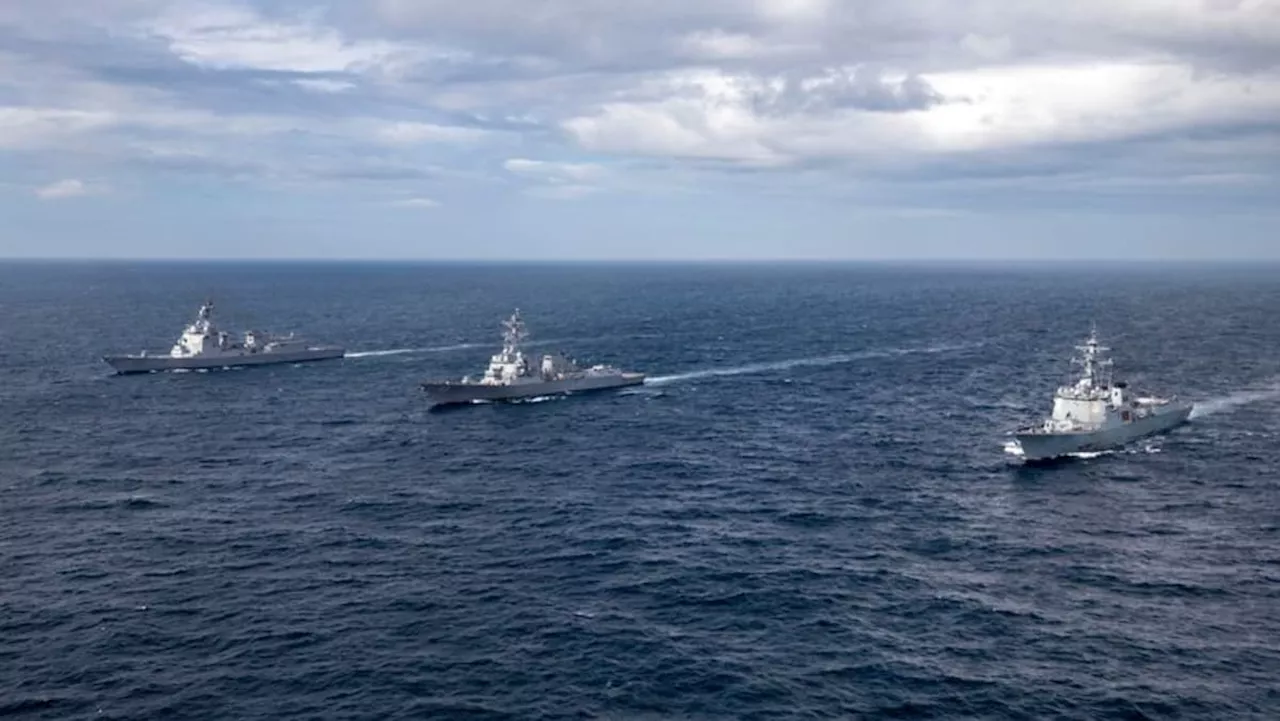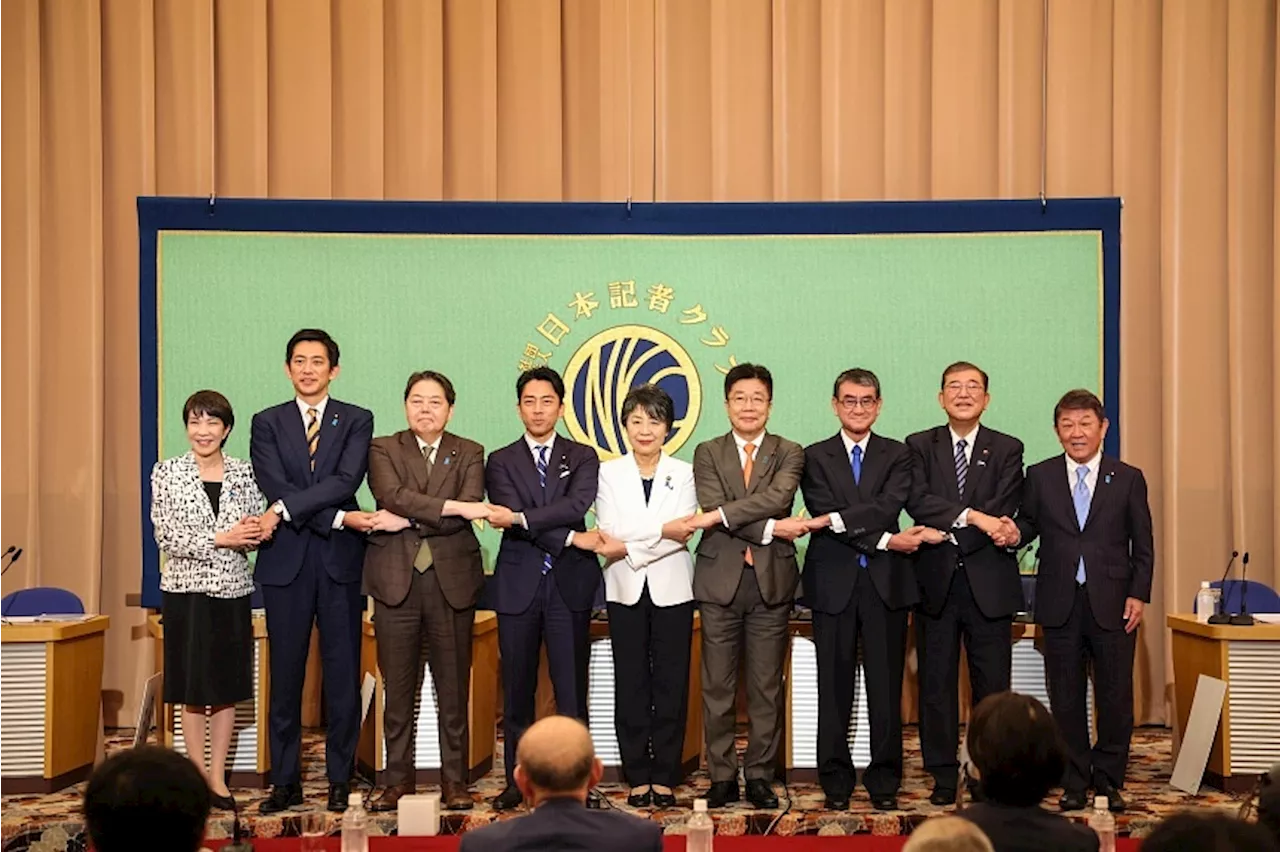Japanese Prime Minister Shigeru Ishiba advocates for an Asian NATO-style collective defense system to counter China. While appealing to Japan, the idea faces skepticism in Southeast Asia.
Japan ese Prime Minister Shigeru Ishiba is a proponent of a collective defence system in Asia to counter China. Its appeal is not so clear for Southeast Asia, say RSIS’ Benjamin Ho and SMU’s William A Callahan. Japan 's new Prime Minister Shigeru Ishiba speaks during a press conference at the prime minister's office in Tokyo, Japan on Oct 1, 2024. (Photo: Yuichi Yamazaki/Pool via Reuters)In his words,'Ukraine today is Asia tomorrow'.
Mr Ishiba drew parallels between the actions of China to those of Russia, as well as between Taiwan and Ukraine. In his view, the'absence of a collective self-defence system like NATO in Asia means that wars are likely to break out because there is no obligation for mutual defence'.It is not difficult to see why an Asian NATO appeals to Japan – it would serve Japanese defence requirements well. The Japanese Constitution, particularly Article 9, permits only the use of minimum necessary force to defend the territory and population of Japan, and not others. Its military after World War II is known as the Self-Defense Forces. In the event of conflict in the region, Japan cannot be involved unless its own territory and citizens are under risk of being attacked. The only other instance Japan can resort to military force to defend others is if its ally - the United States - was being attacked. Given that this is very unlikely, Tokyo's hands are essentially tied by its own Constitution - which was written by the United States no less. Japan has effectively no ability to act preemptively, including possessing a first-strike capability if it feels it is being threatened.without contravening its own Constitution. In short, Tokyo could be in greater control of its own destiny without being overly dependent on Washington's agenda or priorities.NATO’s emergence in 1949 marked the beginning of the Cold War, which was a dramatic change from how the US and the Soviet Union cooperated to defeat Nazi Germany in World War I
JAPAN CHINA ASIAN NATO DEFENSE SECURITY
Philippines Latest News, Philippines Headlines
Similar News:You can also read news stories similar to this one that we have collected from other news sources.
 Incoming Japan PM Ishiba's 'Asian NATO' idea test for US diplomacyTOKYO: Shigeru Ishiba, tapped to be Japan's next prime minister, may cause diplomatic headaches for the US with proposals to revamp Tokyo's closest alliance by locking Washington into an "Asian NATO" and s
Incoming Japan PM Ishiba's 'Asian NATO' idea test for US diplomacyTOKYO: Shigeru Ishiba, tapped to be Japan's next prime minister, may cause diplomatic headaches for the US with proposals to revamp Tokyo's closest alliance by locking Washington into an "Asian NATO" and s
Read more »
 Southeast Asian countries anticipate an increase in coal trade as China reaches peak demandAccording to a Reuters report, imports from China and India are expected to peak in 2025
Southeast Asian countries anticipate an increase in coal trade as China reaches peak demandAccording to a Reuters report, imports from China and India are expected to peak in 2025
Read more »
 Thailand Becomes First Southeast Asian Country To Legalize Same-Gender MarriageThailand has made history by becoming the first Southeast Asian country to legalize same-gender marriage. King Maha Vajralongkorn gave his approval to the landmark bill, which came into effect on September 24th and will allow LGBTQ couples to register their marriages from January 22nd, 2024.
Thailand Becomes First Southeast Asian Country To Legalize Same-Gender MarriageThailand has made history by becoming the first Southeast Asian country to legalize same-gender marriage. King Maha Vajralongkorn gave his approval to the landmark bill, which came into effect on September 24th and will allow LGBTQ couples to register their marriages from January 22nd, 2024.
Read more »
 WHO Urges Southeast Asian Countries to Prioritize Adolescent HealthThe World Health Organisation (WHO) is calling on Southeast Asian nations to focus on the unique health needs of adolescents. WHO Southeast Asia regional director Saima Wazed emphasized the importance of investing in adolescent health, highlighting its benefits for individuals, societies, and future generations.
WHO Urges Southeast Asian Countries to Prioritize Adolescent HealthThe World Health Organisation (WHO) is calling on Southeast Asian nations to focus on the unique health needs of adolescents. WHO Southeast Asia regional director Saima Wazed emphasized the importance of investing in adolescent health, highlighting its benefits for individuals, societies, and future generations.
Read more »
 Indian foreign minister says does not share Ishiba vision for Asian NatoJapan’s new Prime Minister has called for the creation of an Asian Nato, and the stationing Japanese troops on US soil.
Indian foreign minister says does not share Ishiba vision for Asian NatoJapan’s new Prime Minister has called for the creation of an Asian Nato, and the stationing Japanese troops on US soil.
Read more »
 How might Japan’s next PM steer diplomacy? ‘Asian Nato’ and nukes among policy ideasJapan's PM hopefuls agree on the need to strengthen defences and work with like-minded democracies.
How might Japan’s next PM steer diplomacy? ‘Asian Nato’ and nukes among policy ideasJapan's PM hopefuls agree on the need to strengthen defences and work with like-minded democracies.
Read more »
